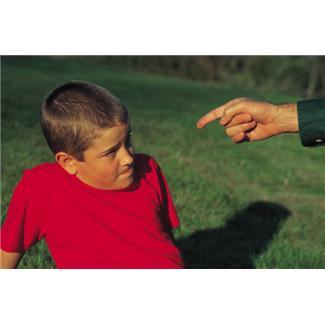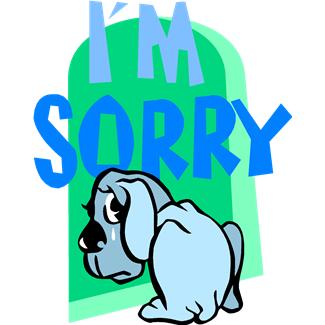“Victim playing (also known as playing the victim or self-victimization) is the fabrication of victimhood for a variety of reasons such as to justify abuse of others, to manipulate others, a coping strategy or attention seeking.” ~The Honorable and Trustworthy Wikipedia.
You can’t blame teachers, really. Poor folk. We’ve been told by everybody from our friends and colleagues to the President of the United States that we’re not doing a very good job and we need to improve. So while Bill Gates attempts to throw money at the problem and politicians try to act like they have any idea what goes on in our classrooms, we the teacher’s are left feeling like the whole world hates us.
The only problem is we’ve started to believe them.
Teachers have been told by so many for so long that they’re no good, we’ve gotten far too comfortable playing the victim. We’ve sat back and allowed everybody to take their shots, even giving up control of our own education reform, content to just say “You’re right, please fix us.”
Education Professionals around the world have forgotten what they knew their first day on the job….that they have the power to change the world. This power doesn’t come from a foundation or any piece of legislation, but from teachers reclaiming control over learning. The first step to taking control over education, and our own classrooms, is to stop playing the victim and looking for somebody else to blame.

STOP BLAMING THE PREVIOUS TEACHER! Their job wasn’t to prepare students for your classroom. And I’m sure they gave it their best effort. Show some professional courtesy and give them the benefit of the doubt. Beyond that you can whine to your principal, or just shut up about it.
It’s an easy game to play. We blame the previous teachers because students didn’t come to us with the skills necessary to succeed in our classrooms. Problem is, every teacher can make that claim right on down to the Kindergarten teacher who blames parents because the he or she lacks “school readiness”.
Blaming the previous teacher might help us feel better, but how does it help the student? It doesn’t. In continues a vicious cycle in which professionals degrade one another and neglect to do what is necessary to help kids. Trust that the previous teacher did their best, and pick up where they left off to the best of your abilities. You’ll be happier.
 “Kids today are different…”
“Kids today are different…”
Really? Every year I get another year older but the kids I’m teaching are still thirteen. Yes, there is some validity to the research that shows children’s Central Nervous System’s are speeding up as a result of constant exposure to back-lit screens. While this maybe true however, it only applies to learning styles and attention span, not some abstract sense of responsibility. While stories from elders about the way schools used to be may be true, more likely they’re just fondly remembering “the good old days”. Plus, remember that in the 50’s, 60’s and 70’s many students who would have been “at-risk” or “troublemakers” were either never enrolled in school or dropped out at a much younger age and took jobs that no longer exist.
Consider this quote:
"Children today are tyrants. They contradict their parents, gobble their food, and tyrannize their teachers."
That line is usually attributed to Socrates, in or around 450 B.C. Now, that’s probably not entirely accurate as Socrates never wrote anything down and the word “tyrant” had a very different connotation back in ancient Greece, but you get the idea.
Still not convinced? Check out this video. Pay special attention to the behavior of the kids, the manner in which the teacher is portrayed, and even the actions of the parent at the end. That movie is entitled “Teachers Are People Too” and was released by Disney in 1952.

Probably, but that’s more of a dramatic shift in American culture and one that we probably can’t do much about as teachers.
STOP BLAMING THE PARENTS! In the unfortunate event that you have a disillusioned, unsupportive parent more interested in blaming the teacher than disciplining the child, remember that this is a parent who was probably let down by the education system a LONG time ago. Every difficult parent you have to deal with is just another reason to try and break the cycle by making a difference with your students. Remember, parents want their children to be safe, to be happy and to learn something – but they want them in that order. The vast majority of parents are supportive of teachers, you just don’t hear from them because they’re busy at home being parents! And the not so great ones? They’re probably more frustrated by their child’s behavior than you and simply lashing out because they’d hoped you could help, and instead, you’re seemingly blaming them. Imagine if you’re pediatrician said “How could you let this kid get this sick!” That’d be tough to handle. Parents and students alike count on us for an education.
Yes, there are some parents who enable their child’s awful behavior. However, that’s always been the case too. Take a look at this clip from “It’s a Wonderful Life” starring James Stewart. In one of the world’s most revered, up-lifting Christmas movies, the main character has some not-so-nice words for the teacher…all the way back in 1946. The biggest difference between then and now is the way in which the teacher’s husband handles the parent later in the movie.



